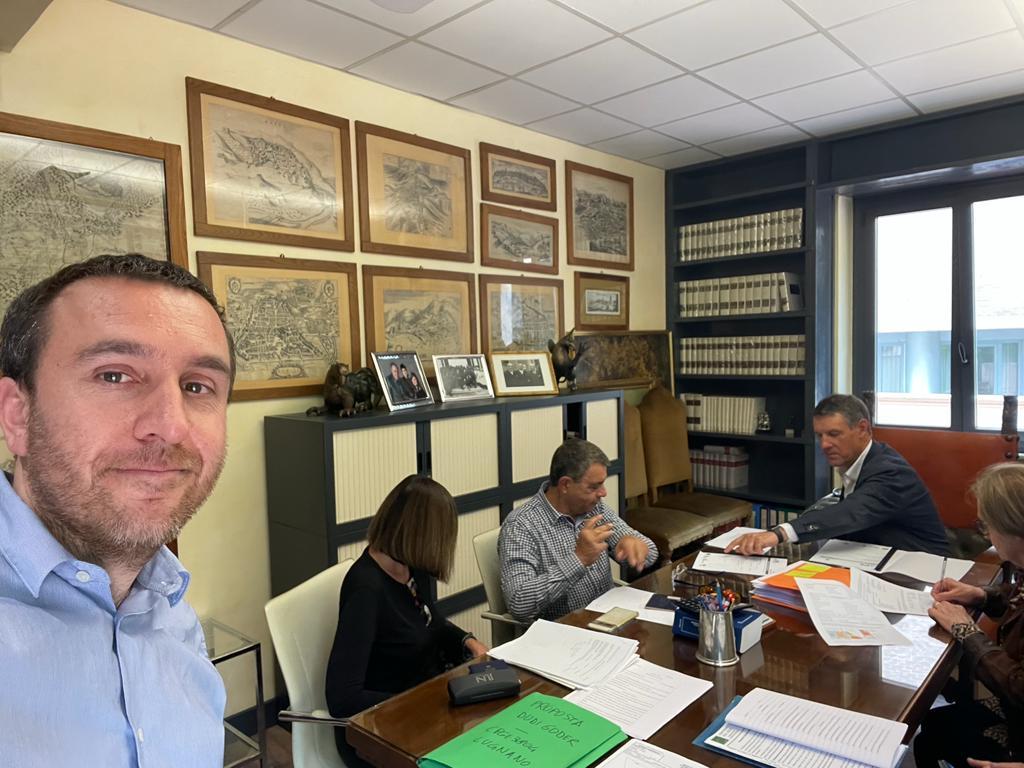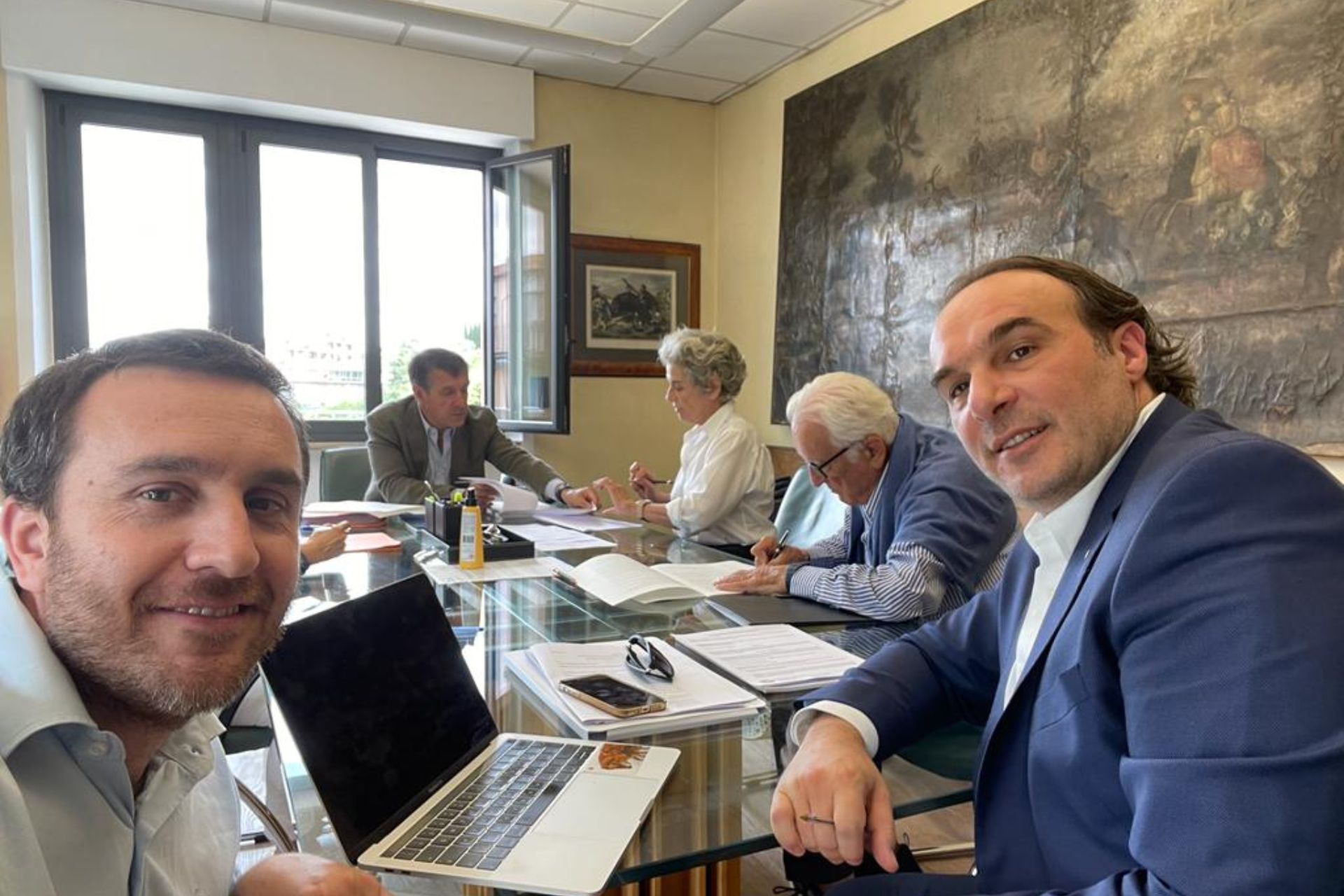The notarial deed of sale: a short guide for you on the contract representing the decisive and final step in the process of buying and selling real estate.
The moment of signing the notarial deed marks the official transfer of the ownership of a dwelling in favour of the purchaser. Let’s discover together this contract, its essential elements, and the aspects and fulfilments that you need to know and carry out before signing it.
THE FINAL DEED OF SALE
The deed is an extremely important document: it is the contract by which the transfer of ownership of a property and the value paid by the buyer is formalised, drawn up by a notary chosen and paid by the buyer.
As guarantor of legality at the time of signing the sale-purchase agreement in his capacity as a public official, the notary’s most important tasks include transcribing the sale-purchase agreement at the Conservatory within 20 days from the date of signing, registering the mortgage in the event of a mortgage, and the very important function of checking that the property is in order with respect to the building and cadastral regulations in force.
This last point constitutes a fundamental check on the possession of all the indispensable requirements to be able to sell the property: absence of mortgages, cadastral and town-planning regularity, and absence of constraints.
The Great Estate Group always advises the selling party to carry out such checks with professional support when deciding to offer a property for sale, in order to facilitate and secure a successful sale (in this respect, we recommend reading our article on Due Diligence).

INDISPENSABLE DOCUMENTS FOR THE PREPARATION OF THE DEED
Before the writing of the deed, the notary will receive various paperwork from both the vendor and buyer. In order to better understand the information they contain, he/she will carefully examine them. In short, they are:
- A valid identity card (or passport) and fiscal code of the parties;
- A copy of the notarial deed of purchase, including the transcript note (if the property has been inherited, the succession declaration has to be presented too);
- Cadastral property plan;
- All the property building/urbanistic measures (building permits and similar);
- A copy of the property building code compliance certificate;
- Energy performance certificate (APE);
- Property systems compliance certificate;
- Cadastral certificate, plan with borders and town planning use class certificate (if the land is the object of the sale);
- A copy of the possible registered preliminary contract and related copy of tax payments (F23).
In addition to the information of the sale agreement – parties’ biographical data, property data, established price and planned methods of payment, possible particular agreements and date of the deed – the notary deed has to include the mediator’s, if intervened, data too.

RULES FOR THE CREATION OF THE DEED
In order to protect all the parties involved, the law imposes some precise rules for deed creation, in particular:
- The notary has to entirely read and explain the contents of the deed to the parties and possible witnesses – who have to be present when required by the law – and has to be sure about the parties’ comprehension of them. Differently, he/she will be charged with falsity in a public document;
- After its reading and approval, the deed has to be signed by both the parties, the notary his/herself and, if the law stands so, by the witnesses too;
- The deed and its contents become effective for all legal purposes unless falsity in a public document is verified.
THE FULFILMENTS FOLLOWING THE SIGNATURES AND THE PAYMENT OF THE FEES
After the signing, the documents exchange and the property keys delivery take place. To transcribe the property at the Italian Building Register, the notary has to proceed with the Deed deposit to the competent authorities, the Italian Conservatoria dei Registri Immobiliari, within 20 days from the moment of the signing. The buyer will receive a deed authenticated copy by the notary who, as required, will have already registered it to the Italian competent authorities.
With regard to the sums to be paid at the time of the deed, it should be noted that Law No. 124/2017 introduced an important novelty: the possibility of depositing the sale price in a dedicated account of the notary, who will deliver it to the seller only after the successful completion of all the formalities following the signing of the deed.
The Great Estate Group’s network of partners offers you the advantage of specialised advice at short notice and with benefits determined by agreements with the network.
To find out more about this and other topics related to notarial deed regulations you can contact our service partners.
Contact Great Estate headquarters for information.
The public content of this website is for informational purposes only and may not be considered exhaustive, nor provide legal or other professional advice, nor is it intended for commercial or customer relationship or transaction purposes.
It is intended to provide information of general interest, without offering advice for specific situations or problems.
We therefore disclaim all liability for any direct, indirect, incidental and consequential damages related to your use or misuse of the information contained in this site.
Related articles:




